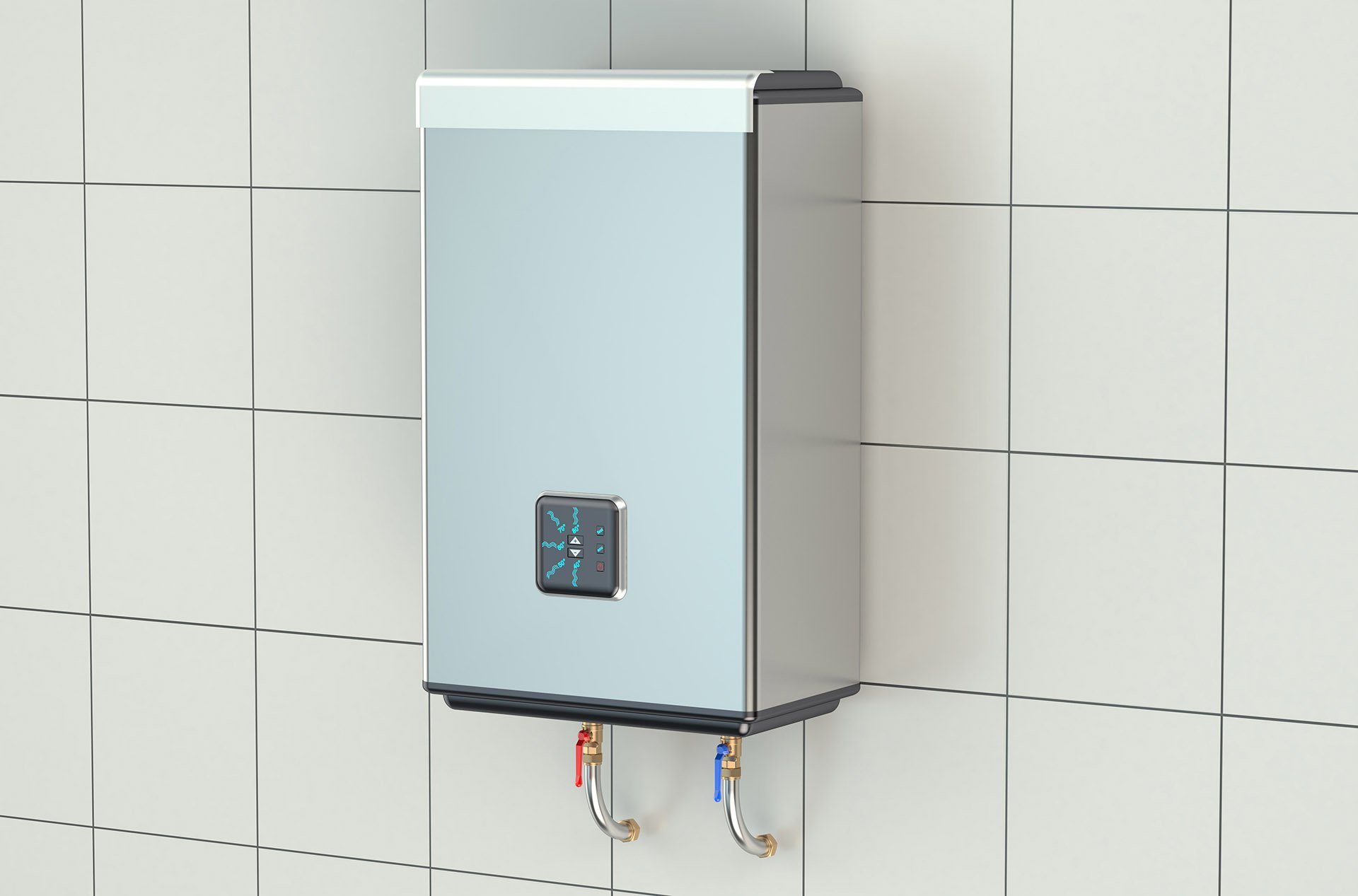Tankless water heaters are a special type of water heater because they do not feature hot water storage and instead provide instant water heating, thus the name. They are also called instantaneous or demand-type water heaters.
There are numerous advantages that tankless water heaters offer over their counterparts that feature that have hot water storage tanks. Understanding those advantages, as well as how it works, may help you make a decision on which type of water heating best suits you.
The mechanics of tankless water heaters
Tankless water heaters can heat water directly when needed, and this means that there is no need for a storage tank to store the pre-heated water. This means that the water is rapidly heated so that it comes out hot from the tap or shower. The mechanism used to achieve this involves passing cold water through a unit that may contain either an electric heating element or a gas burner.
Advantages of on-demand-type water heaters
- Tankless water heaters are considered more efficient than their counterparts. They can achieve between 24% and 34% more efficiency compared to heaters that store hot water in tanks mainly due to heat losses in those tanks. It also means that they are a better cost-saving option, especially for a household that uses a lot of hot water.
- You do not have to worry about heat losses with tankless water heaters compared to storage water heaters, which suffer some heat losses, especially when they are on standby.
- Tankless water heaters have a longer lifespan; usually, around 20 years compared to the storage tank water heaters, which usually last from around 10 to 15 years.
Disadvantages of tankless water heaters
- They tend to be pricier than storage water heaters, although they make up for it because they are easier to fix if broken and have lower running costs.
- Prices and quality are not standard, and so the efficiency may vary from one manufacturer to another.
Things to consider when purchasing a tankless water heater system
- The purpose for which it will be used. When purchasing a tankless water system, you should consider your hot water needs, which will help you decide the size of the system you need. It could be just for the showers, in which case, smaller, shower systems can be installed.
- Availability and fuel type. The type of system that you will use will largely depend on what is available in your region. You may also opt for a specific type depending on the fuel type that it uses based on the convenience. Some may use fossil fuels, and some may use electricity.
- The cost of the unit will also likely be a major factor for most buyers when choosing the ideal system that suits them.
The installation and maintenance processes
It is always best to let a professional handle the installation process so that you can avoid potential errors and because a proper installation allows for optimal energy efficiency. Note that there are many factors to consider during the installation process. This includes the building code, the type of climate in your area, safety measures, and fuel type, among others.
Ensure that the contractor you select to install the system has a good track record and is legally registered. Once you select your preferred contractor, ask them to provide a quote before they commence the job initially. In case you decide to install the system for yourself, make sure you read the manufacturer’s instructions that come with the system for a cleaner installation. Also, ensure that you also practice conservative practices that will help save on the costs while also extending the life of the tankless water heater system.


